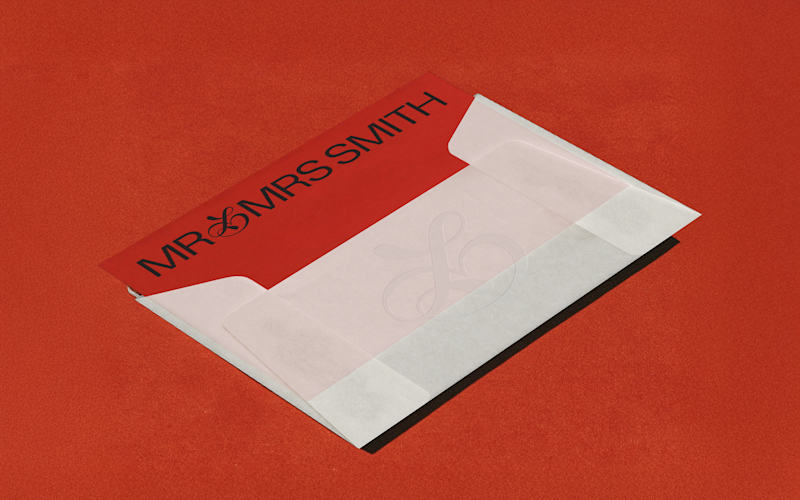Need to know
Rooms
Six, including three suites.
Check–Out
Noon, but flexible, subject to availability. Earliest check-in, noon, also flexible.
More details
Rates usually include a generous Continental breakfast, with tasty extra options such as Moroccan crêpes and cooked-to-order eggs.
Also
Ask really nicely and you may wrangle a private cooking lesson with Riad de Tarabel’s first-class chef.
At the hotel
A local mobile phone to use throughout your stay, swimming pool, free WiFi throughout and laundry services. In rooms: Ortigia bath products and free bottled water; some rooms have working fireplaces.
Our favourite rooms
All Riad de Tarabel’s rooms are beautiful and individually finished, but the Large Suite has, in our opinion, the most impressive bathroom: it’s a split-level affair with an enormous bath tub that’s perfect for long soaks. The suite’s sitting room has an inviting day-bed, and owner Rose-Marie designed the grey patterned zellige tiles; the terrace looks out over the orange trees.
Poolside
The grey and black tiled heated outdoor pool is in a separate courtyard and is for adults only. The small rooftop plunge pool is also perfect for perching by and dangling your legs into, drink in hand.
Spa
Courtyard spa Les Bains de Tarabel is sweetly scented by the surrounding eucalyptus and orange blossom trees. Choose from a traditional Moroccan hammam ritual, soothing massages or youth-lending facials; natural oils and essences from Nectarome are used in all treatments.
Packing tips
A classic Panama hat to fit in with the decor, and a good read to make the most of your down time.
Also
Arrange an in-room massage or mani-pedi.
Children
Designed with adults in mind, leave smaller Smiths at home. The riad is better suited to older children (16 plus) who can entertain themselves.




